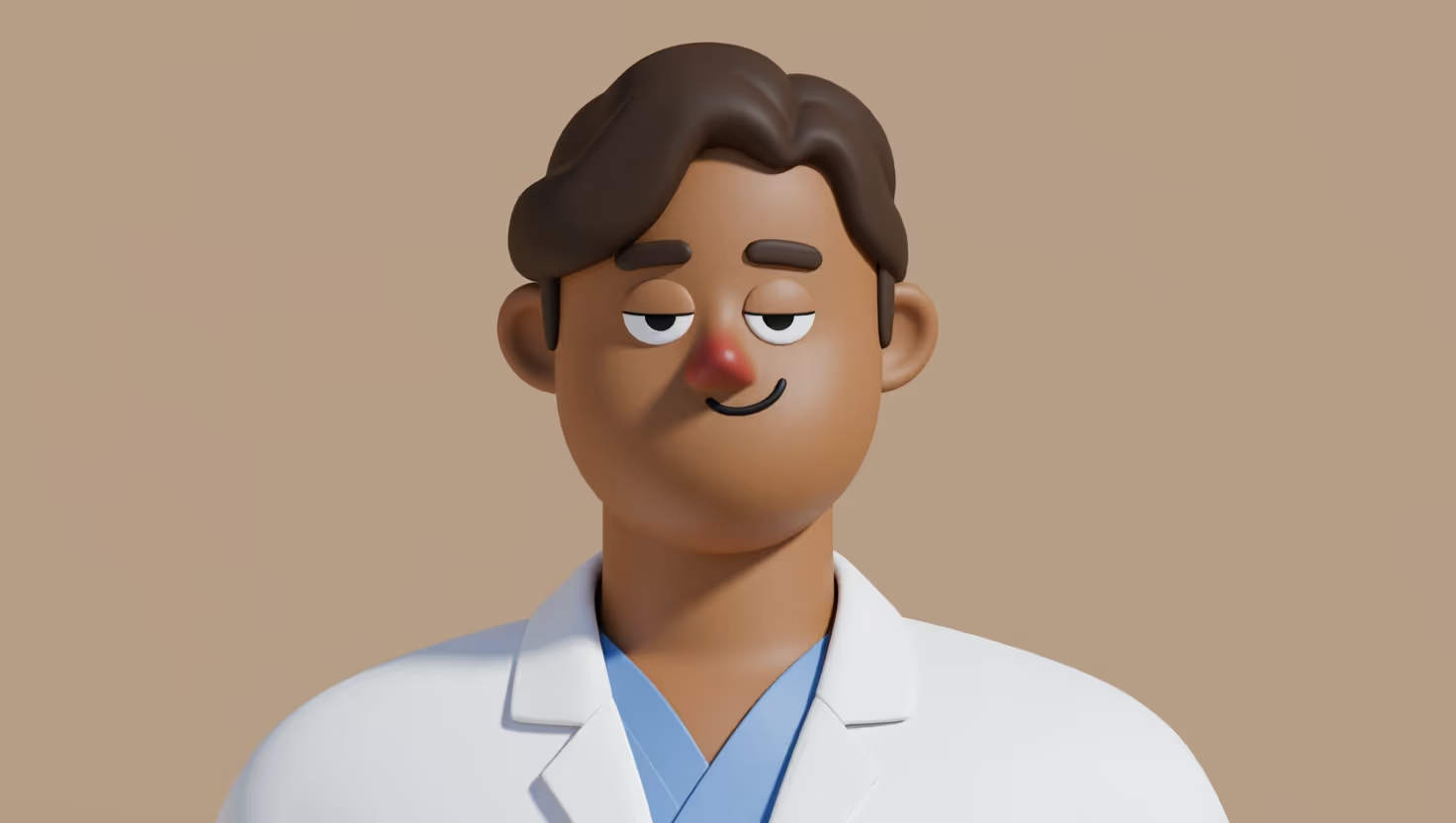What Is It When You Can’t Hear on One Side?
Hearing loss on just one side of your head can feel strange, confusing, and even worrying. This type of hearing loss is called unilateral hearing loss. Simply put, it means that sounds are quieter, distorted, or altogether missing from one ear, which can significantly affect how you perceive and engage with the world around you. Many people don’t realize how important having two working ears is until one side stops picking up sound properly.
What Does It Mean to “Can’t Hear on One Side”?
When you can’t hear on one side, it means that one ear is not capturing sounds as clearly or as loudly as the other. This is more than just a difference in volume—it can affect your ability to localize sound (telling where noises come from) and understand speech, especially in noisy environments. For example, you might notice that when someone speaks to your “bad ear” side, their voice sounds muffled or distant, while the other ear hears normally.
You might experience this suddenly, such as waking up one day unable to hear from one ear, or it might develop gradually over several days or weeks. Sometimes it’s subtle and only noticed in challenging listening situations, but other times it’s obvious and even alarming.
Common Causes of Hearing Loss on One Side
Unilateral hearing loss can stem from several different causes. Here are some frequent culprits:
- Earwax buildup: An excessive amount of earwax can block the ear canal and reduce sound transmission. This is one of the simplest causes and often easily treated by a healthcare provider.
- Ear infections: Infections of the middle or inner ear can cause swelling, fluid buildup, or temporary damage that affects hearing. For example, children with middle ear infections often experience hearing loss until the infection clears.
- Exposure to loud noises: A sudden, extremely loud noise—like an explosion or concert blast—can damage the tiny hair cells in the inner ear responsible for detecting sound. This kind of noise trauma often affects one ear if the noise source is on that side.
- Sudden sensorineural hearing loss (SSHL): SSHL is a rapid, unexplained loss of hearing in one ear that can occur within hours or days. It is considered a medical emergency, and prompt treatment improves the chance of recovery.
- Injury or trauma: Physical damage to the ear or head, such as from a fall or accident, can disrupt hearing on one side.
- Other causes: Allergies causing congestion, rapid changes in air pressure during flying or diving, or structural problems in the ear such as a perforated eardrum or abnormalities in the middle or inner ear.
This list includes common causes but is not exhaustive. Because treatments vary widely based on cause, seeking professional evaluation is important.
When Should You Consider Seeing a Doctor?
If you experience sudden or unexplained hearing loss on one side, seeing a healthcare professional promptly is important. Early diagnosis can make a significant difference in treatment outcomes. You should consider contacting a doctor if:
- The hearing loss happens suddenly or progresses quickly over hours or a couple of days.
- You experience other symptoms such as dizziness, vertigo, ear pain, or persistent ringing (tinnitus) in your ear.
- The hearing loss lasts more than a few days without improvement.
- You find it difficult to understand speech, especially in daily conversations or noisy environments.
- You notice fluid, pus, or any discharge coming from your ear.
Remember, this information is for educational purposes only and does not replace professional medical advice. Only a qualified healthcare provider can diagnose the exact cause and recommend the most appropriate care for your situation.
How Can Hearing Loss on One Side Affect Your Life?
Not hearing well on one side can impact many everyday aspects of life, often in ways you might not expect:
- Communicating: Conversations can become harder to follow, especially in noisy places like restaurants or family gatherings. You might frequently ask people to repeat themselves or misunderstand spoken words.
- Staying safe: Directional hearing helps identify where sounds are coming from. Without it, you might not immediately notice an approaching car, alarm, or someone calling your name.
- Concentrating: Straining to listen places extra demand on the brain, which can lead to fatigue, headaches, and difficulty focusing on tasks for extended periods.
- Enjoying social activities: Feeling “out of sync” in group conversations or missing parts of discussions can lead to frustration, embarrassment, or social withdrawal.
Being aware of these challenges is the first step toward finding effective support and solutions, whether through treatment, hearing devices, or communication strategies.
What Does Research Say About Unilateral Hearing Loss?
Research shows that:
- Approximately 1 in 1,000 people suffer sudden hearing loss in one ear annually.
- Early evaluation and treatment, especially for sudden sensorineural hearing loss, can improve chances of partial or full recovery. Corticosteroids are often prescribed to reduce inner ear inflammation.
- People with unilateral hearing loss frequently report difficulties in noisy environments, isolating them socially and impacting their overall quality of life.
- While some causes of unilateral hearing loss improve on their own or with treatment, others may lead to permanent hearing impairment that requires management through hearing aids, assistive listening devices, or therapy.
Experts emphasize that although not all cases resolve spontaneously, many people live well with unilateral hearing loss when they receive appropriate care and guidance.
---
Ready to breathe easier? Schedule your visit at Sleep and Sinus Centers today—online or call (678) 689-1100. If you notice sudden or ongoing hearing loss, don’t delay—a prompt appointment can make all the difference.
This article is for educational purposes only and is not medical advice. Please consult a qualified healthcare provider for diagnosis and treatment.
Don’t let allergies slow you down. Schedule a comprehensive ENT and allergy evaluation at Sleep and Sinus Centers of Georgia. We’re here to find your triggers and guide you toward lasting relief.








